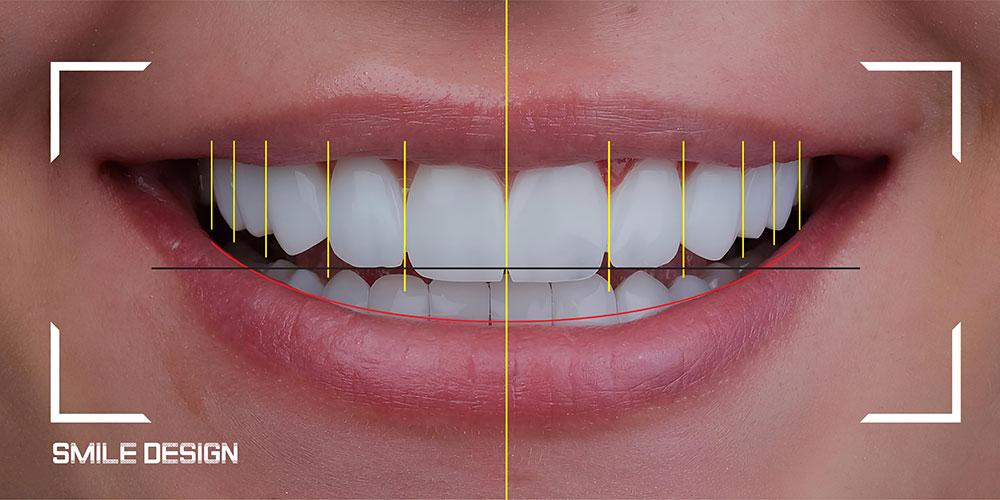Protecting Your Gum Health: How Should You Prevent Periodontal Diseases?
When we think of dental health, we usually think of cavities and crowns, but the gums are the cornerstone of oral health. Problems with the gums ("periodontal diseases") can trigger inflammatory processes not only in the mouth but throughout the body, opening the door to many problems from heart disease to diabetes. Therefore, protecting your gums is as critical to your overall health as a healthy smile.
What are Gum Diseases?
- Gingivitis (Gum Inflammation)
- It is characterized by reddening, swelling and easy bleeding of the gums due to plaque and tartar build-up.
- It is usually reversible as it has not yet spread to the bone.
- Periodontitis (Gingival Recession and Bone Loss)
- If gingivitis is left untreated, inflammation that goes down to the gum bone causes gingival pockets to deepen.
- Teeth may wobble, recede and eventually be lost.
How to recognize the symptoms?
- Bleeding during brushing or flossing
- Chronic redness, swelling or tenderness of the gums
- Persistent bad breath odor (halitosis)
- Pain when touching the teeth or chewing
- Visibility of tooth roots due to gingival recession
- Increased space between the teeth or a feeling of wobbling
If you notice one or more of these symptoms, contact your dentist without delay.
Risk Factors and Causes
- Inadequate Oral HygienePlaque accumulation is the main cause of gingivitis.
- Cigarettes and Tobacco ProductsIt impairs circulation, slows healing and multiplies the risk of gum disease.
- Genetic PredispositionIf there is a family history of periodontitis, regular control is a must.
- Hormonal ChangesGum sensitivity increases during pregnancy, menopause or puberty.
- Chronic DiseasesDiabetes, heart diseases, some immune system problems can trigger gingivitis.
- Stress and NutritionWeak immunity, nutritional deficiencies (vitamin C, vitamin D) negatively affect gum health.
The Importance of Early Diagnosis and Regular Control
- Professional Measurements: The stage of inflammation is determined by measuring the gingival pocket depth.
- X-ray and Imaging: Bone loss can be detected early and prevented.
- Doctor Follow-up: At an early stage, proper cleaning and medication can prevent progression.
Gum diseases can progress rapidly if not recognized and treated early. Professional control every six months is the most effective method to prevent tooth loss in the long term.
Each patient's condition is different; in our clinic, the most appropriate treatment plan is created by first performing a detailed examination and imaging.
Practical Tips for Gum Care at Home
- Correct Brushing TechniqueClean with soft circular motions, holding the brush at a 45° angle to the tooth and gum junction.
- Dental Floss or Intermediate Cleaning BrushDaily use prevents plaque build-up in gingival pockets.
- Antiseptic MouthwashYou can use chlorhexidine or herbal mouthwashes once a day, as recommended by your doctor.
- Pay Attention to Your NutritionIncrease vitamin C and vitamin D intake and limit sugary and acidic foods.
- Quit Smoking and TobaccoQuitting smoking is one of the most important steps in preventing gum diseases.
- Regular Water ConsumptionDry mouth accelerates plaque formation; drink water throughout the day.
Regular Control and Early Intervention
- 6 Monthly Dental Checkup: Your dentist will check your gum health while removing plaque and tartar.
- More Frequent Examination in Risky Situations: In special cases such as diabetes, heart disease or pregnancy, quarterly checks are recommended.
Gum diseases can be largely prevented with simple precautions and regular care. As Klinik34, we support you to protect your gum health with early diagnosis, personalized treatment plan and home care recommendations. Healthy gums are one of the most important steps to improve your quality of life.





